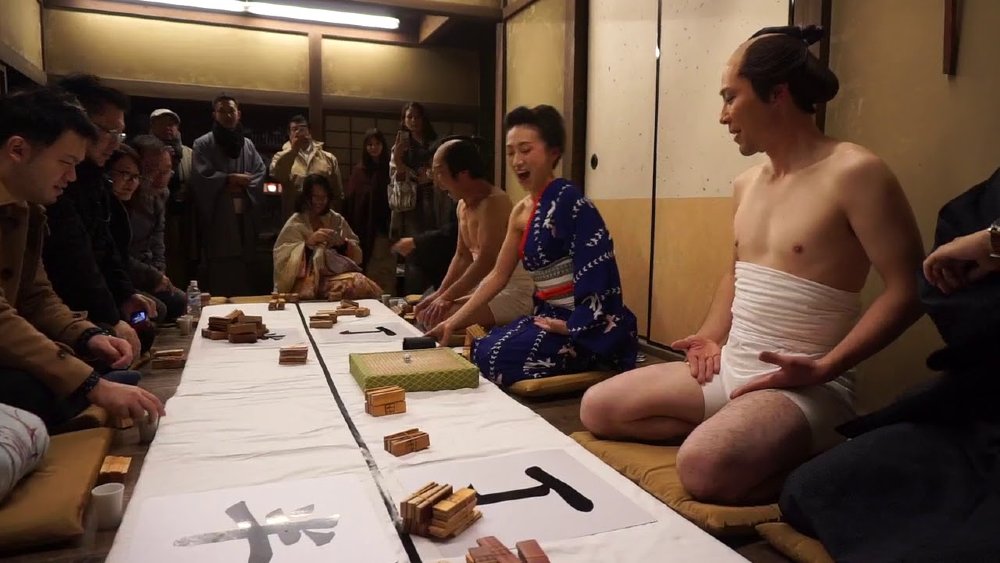A Brief History of Gambling in Japan
July 26, 2023
Japan is famed for its wonderfully rich culture, awe-inspiring architecture, and captivating tales of shoguns and samurais. Yet there is another element deeply ingrained into the Japanese culture: gambling.
It hasn't always been plain sailing, however. Throughout history, Japan has had a complex relationship with gambling. To fully understand the progression of gambling in Japan over the centuries, it is essential to delve into its very foundations.

Some traditional forms of gambling in Japan date back centuries.
The Kojiki, or Register of Ancient Matters, written around 685 C.E., mentions Emperor Temmu playing a game called Sugoroku. However, his successor, Empress Jito, banned the game. During the Heian period in the late 8th century, gambling gained popularity among the general population, despite being illegal and therefore punishable by law. Cockfights and horse races were prevalent, and even gave rise to a new profession known as professional gamblers or "bakuto." The period also witnessed a surge in crime, leading to the implementation of nine prohibition edicts between 1225 and 1284, which remained in effect throughout the samurai era.
Hanafuda, also referred to as Hwatu, is a unique card game in Japan renowned for its intricate gameplay and its association with early forms of gambling in the country. Back in the feudal period of Japan during the 1500s, card games such as Hanafuda (also known as Hwatu) were predominantly enjoyed by the noble class, while commoners lacked the leisure and social standing to partake in such activities. However, in 1549, the arrival of the Portuguese, led by the missionary Francis Xavier, to introduce Christianity, resulted in the rapid dissemination of the 48-card European hombre decks among the local Japanese populace.
In due course, the shogunate, during their seclusion from the Western world in 1633, prohibited the use of foreign playing cards and outlawed private gambling on card games. Nonetheless, the popularity of playing cards and their involvement in gambling persisted, as the Japanese people continuously devised new games, despite the swift bans imposed by the shogunate.
By 1718, the authorities began to implement stricter anti-gambling measures, differentiating between light and heavy betting. As Japan transitioned to a more open foreign policy in the 19th century, Western-style casino games began to find their way into the country. However, in 1907, a complete ban on all gambling activities had a significant impact, particularly on Western games like poker, which struggled to bridge the cultural divide and gain popularity.
Amid stringent gambling regulations, one game managed to thrive and become the most popular form of gambling in Japan: Pachinko. The game originated from a variation of the Corinth children's game brought to Japan in the 1920s. By the 1930s, Pachinko had become a well-known pastime, and the opening of the first Pachinko room in Nagoya only added to its popularity.
Today, Japan continues to harbour strict rules and regulations when it comes to gambling. Luckily, however, there are certain forms of gambling that are legal in the country. One legal - and highly popular - form of gambling in Japan is horse racing. As well as horse racing, there are bicycle races and powerboat races, known as keirin and boat racing, respectively, which are highly regulated and offer legal gambling opportunities.
But while these forms of gambling are allowed within Japan, there is a shift taking place. Namely, a massive demand for increasingly diverse options when it comes to betting options. As a result, there are numerous overseas bookmakers for Japanese punters that cater to Japanese customers. These online platforms provide access to a wide range of gambling activities such as sports betting, online casinos, poker, and much, much more.
Related content
